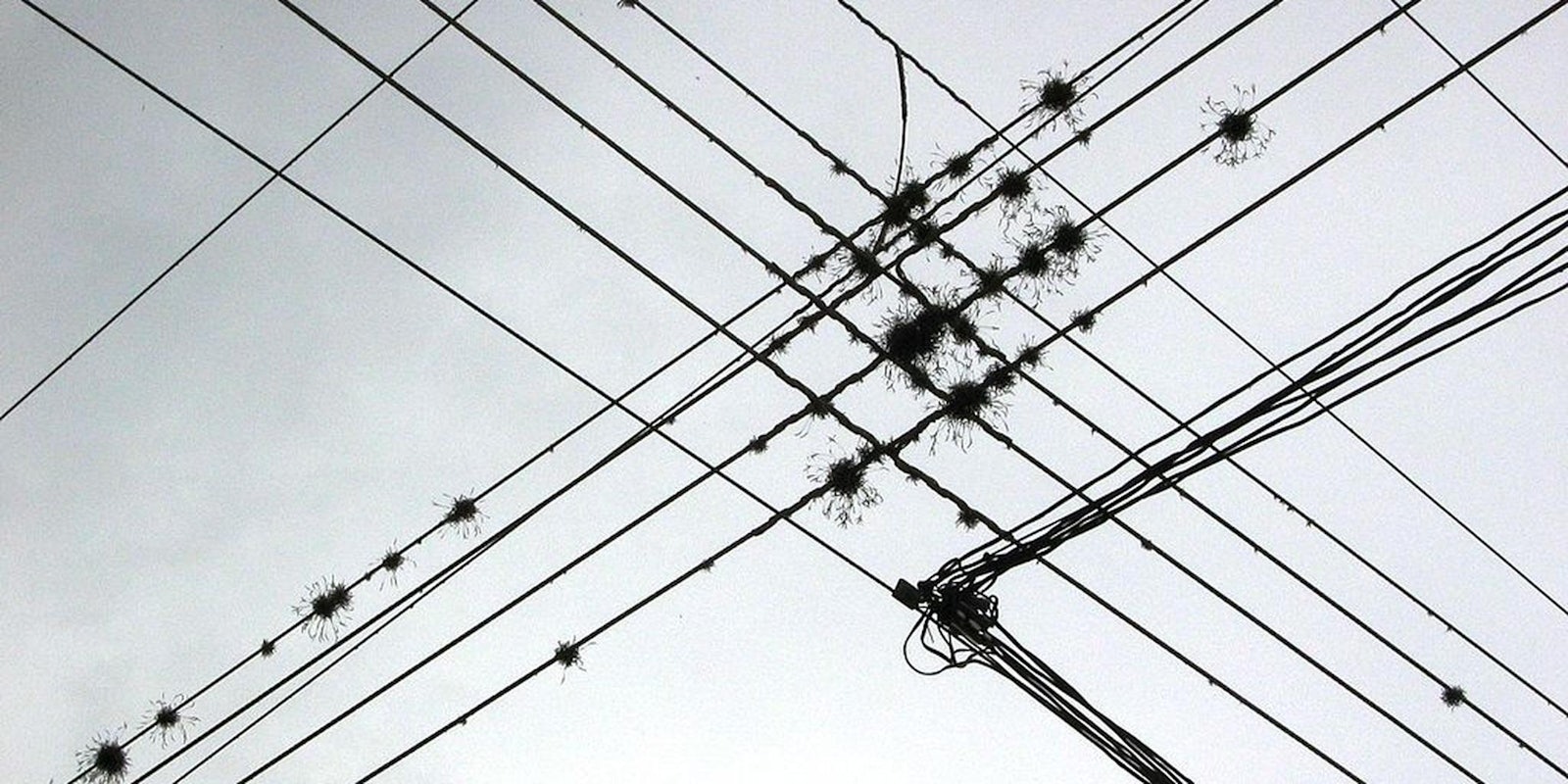Calling 911 is usually a simple process. Hit those three buttons on your phone and you’re connected to an operator who will help you.
Unfortunately, it doesn’t always work that way.
The Federal Communications Commission (FCC) reached a $3.4 million settlement with Verizon this week over the telecom giant’s role in a mass 911 outage that affected people in seven states.
“Americans must have confidence that they will be able to reach 911 in an emergency,” FCC Chairman Tom Wheeler said in a statement. “We take seriously our obligation to ensure the nation’s 911 systems function reliably. We will continue to work with providers to ensure that advances in 911 technologies lead to improved communications between citizens and first responders.”
The outage, which occurred last April, was the result of a coding error in the computer systems at a Colorado call-routing facility of the 911 support-service contractor Intrado. The glitch left 911 calls unanswered for some 11 million Americans. In Washington, no one in the state was able to call 911. The service interruption ultimately blocked over 6,600 emergency calls, from Minnesota to Florida.
Luckily, officials believe that no one died as a result of the malfunctioning system.
In 2012, Verizon struck a deal with the California Office of Emergency Communications to act as the service provider for 911 calls coming from mobile phones in eleven counties located in the northern part of the state. Under FCC rules, 911 service providers are required to immediately notify the centers that actually handle the calls when there is a service outage, which did not happen in this case. Verizon officials insisted Intrado failed to inform of them of the outage as soon as it occurred.
In addition to paying the fine, Verizon is working with the FCC to develop a plan the agency says is intended to prevent similar outages in the future.
Verizon isn’t the only telephone service provider who dropped the ball on emergency calls. An FCC report on the outage noted other telecom firms, including AT&T, Frontier, CenturyLink, Comcast, and TCS, saw their 911 telephone service disrupted. However, Verizon is the only company to have reached a public settlement with the FCC.
In addition to Verizon, the agency also announced on Wednesday a $100,000 fine against Hinton Telephone Company of Caddo County, Okla., for failing to directly connect 911 callers to emergency services. Instead, the company played automated voice recording instructing them to “hang up and dial 911.” At the end of the message, customers were told to dial zero to reach an operator who could direct them to a 911 dispatcher.
“The American public universally relies upon 911 in a time of crisis,” FCC Enforcement Bureau Chief Travis LeBlanc said in a statement. “It is unacceptable for any company to put the health and safety of the public at risk by sending 911 calls to voicemail or an automated message.”
The FCC first received complaints from Hinton’s customers about problems with its emergency 911 service in 2013. Hinton had previously routed its 911 calls through a live operator system provided by AT&T. However, AT&T discontinued the live system and replaced it with an automated one, and Hinton failed to fix the problem three months.
The crux of the problem dates back to 2002, when the county sheriff’s department stopped taking 911 calls directly, citing a lack of both money and personnel. Hinton’s management argued that going through AT&T was their only option.
The FCC proposed the $100,000 fine against the company last year. Hinton initially protested, arguing that it posted notifications in local newspapers and on the bills of customers that they would likely reach emergency responders more quickly by dialing the number of a police or fire station directly rather than going through 911. The company also insisted that the payment of this $100,000 fine would significantly hamper its efforts to provide broadband service to rural communities inside of its service area. Ultimately, the FCC elected to uphold the fine.
The Verizon and Hinton cases pinpoint a key issue plaguing the 911 system: the trend among both telecoms and local governments to outsource their 911 service to third-party firms. The consolidation of many areas’ emergency services into a single company means a single error can have an enormous effect. That outsourcing also leaves communities reliant on private companies that may swap out a useful service for one that’s not in their best interest as a result of business pressures, as in the case of Hinton.
Intrado, the company whose error lies at the heart of the Verizon settlement, provides some level of 911 service to the majority of all the communities in the U.S. Of the around 6,000 public-safety answering points in the country, Intrado plays a role in administering services to over half.
Photo by Augusto Starita/Wikimedia Commons (CC BY-SA 3.0)


